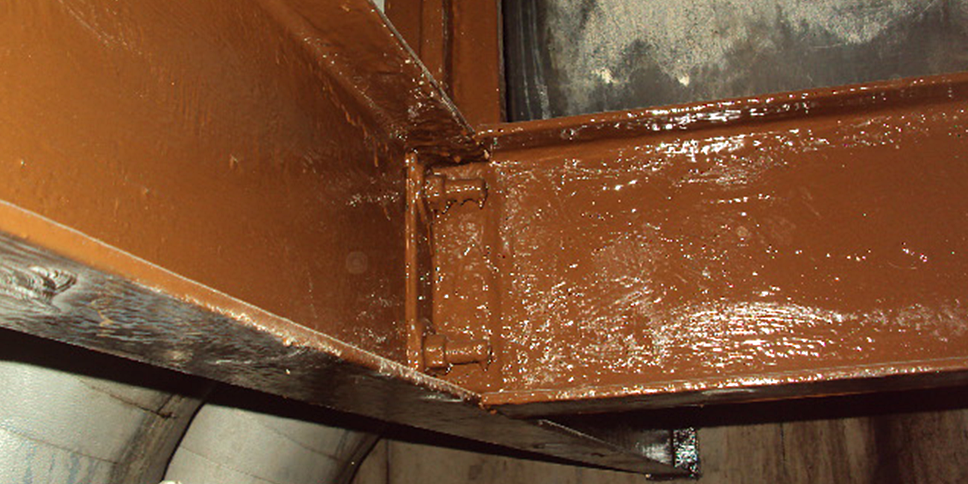After a dozen years of testing numerous application processes and products to halt corrosion of vital components of the Metro Nashville District Energy System distribution system, project administrator Thermal Engineering Group says one solution has risen to the challenge and shows great promise with no signs of degradation after three years post application and regular interval monitoring.
“For the first time we have a product of both efficacy and cost that has allowed us to get ahead of the curve on this vital maintenance,” stated Jon Belcher of Thermal Engineering Group, “For a period of time toward the end of the Nashville Thermal Plant era, and for the first few years following the start of operations at the new energy generating facility (EGF) back in 2003, there was little money spent on distribution system maintenance. And since we have served as project administrator, finding a solution that worked to halt the corrosion of these system components has been challenging. We have tested seven different coating solutions before we found the selected products which are a two-component liquid polymer composite.”
To date, application of this coating to all effected components has been competed in eighteen of the manholes in the poorest condition of the 40 total manholes, and in four of the five tunnels. Now, attention will shift to ongoing preventative maintenance efforts throughout the rest of the system using this product.
More than 40 manholes and five tunnels provide access to the chilled water, steam, and condensate return piping and piping supports essential to the operation of the distribution system. Anchors, guides and critical supports are necessary to the proper operation of the distribution system by controlling where and how much the pipe expands and contracts due to temperature changes. Almost all of these supports are structural steel which is subject to corrosion. Conditions in the distribution tunnels and manholes are ideal for accelerated corrosion given temperatures and humidity levels. Failure of supports could result in damage to the system and potential disruption of services to customers making ongoing and effective maintenance of these vital system components a priority.
“This is a real milestone for the system,” added Belcher, “For the past 15 years, multiple techniques, coatings and application processes to fight corrosion have been diligently tested, and for the first time we believe we have a solution that works in this challenging environment and is cost effective.”
The product being used is a two-component liquid polymer composite manufactured by Enecon.
For more information, contact Thermal Engineering Group at 615-264-2611.







